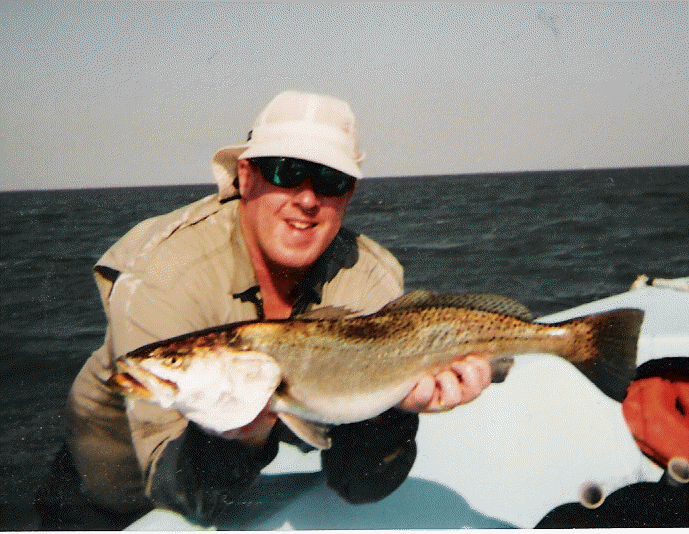
Two former executives of Marsh went on trial April 10, 2007 in Manhattan's NY Supreme Court with scheme to defraud, grand larceny and restraint of trade and the details are covered in an AP story by Samuel Maull here.
Their lawyers say the state attorney general's office did not like the way their clients worked but the defendants did nothing criminal.
The prosecution says the defendants and others conspired with brokers and other insurance companies to arrange noncompetitive bids for New York-based Marsh & McLennan's corporate customers from November 1998 to September 2004.
(defense lawyers)...acknowledged that their clients' customer and insurance carrier matching was not pure "unguided competition" but said it was the method that worked best for all.They said some carriers are not suited to, nor are they interested in, insuring specific kinds of businesses. They also said Marsh helped companies keep a client's business because of benefits to both: There are no gaps in coverage, and there is more stability in premium costs.
They face 25 years if convicted. Whether they are ultimately convicted who knows? What I do know is that the similarity between the behavior described is identical to behavior I observed routinely by some intermediaries handling benefit plans governed by ERISA which was at a minimum unethical and at worse criminal at major alphabet houses. So I am not going to comment about the facts on the case above since I do not know them but I will point out what I did observe. Here are just a handful of examples.
- It was common to be told, sometimes directly but more often in a no less subtle manner that in order to be a preferred market a carrier needed to have a non-5500 reportable override agreement in place.
- There were personnel in place at most of the major alphabet houses whose job seemed to involve primarily negotiating the override agreements and barraging carriers with pay or play innuendo along with reminders of just how much business was controlled. In short there was the A list and the B list. Guess who earned most of the business?
- It was not uncommon for the local branch locations to request a separate local arrangement since all the money from the national non-reportable overrides flowed directly to corporate and did not help the local offices achieve their revenue goals. "Can you help us, so we can help you with your goals?"
- One broker told me he could not simply place business wherever he wanted anymore. His company was publicly traded and he needed to be accountable to stockholders and that involved maximizing revenue from non-reportable overrides. He needed a level 15% commission plus a level 5% override. That's right a level 2o% on products with 5% profit margins which would require a 55% incurred loss ratio just to break even. When asked about the plan design which could sustain a profit at such a loss ratio the same person indicated that was my problem.
- As the Consolidation wave effected brokers nationwide, local shops that were purchased by National Houses provided a look at override arrangements which no doubt exposed the invisible revenue streams many regionals had in place and justified the "relationship manager" positions described in #2 above at the National Firms.
- Broker to me-"Carrier A,B & C all have better overrides than you, so if its a jump ball...are you sure we could not beef up the arrangement? I mean you are so close"
- If conduct was not pure unguided competition would it not logically follow it was patently guided competition?
So lets hear from a few carrier personnel. Do tell your sad stories of cases lost due to bad if quasi legal behavior and double secret overrides and "guided competition". Use the anonymous button if you must.





No comments:
Post a Comment